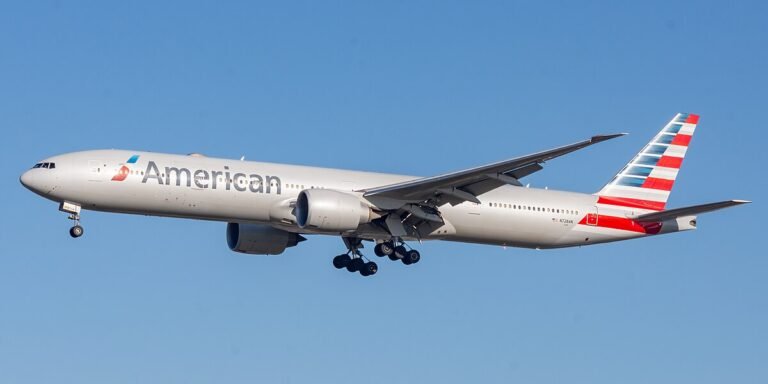Incident Overview
American Airlines is facing scrutiny after a business class passenger was reportedly downgraded on a flight from Dallas/Fort Worth (DFW) to Honolulu (HNL). The premium seat was reassigned to the wife of a retiring pilot on his final flight, igniting debates about fairness and airline priorities.
Flight Details
The incident took place on a long-haul service to Hawaii, where the affected passenger held a confirmed ticket in the premium cabin. Instead of enjoying the booked business class experience, the traveler was moved, allowing the pilot’s spouse to sit next to him, leading to questions regarding American Airlines’ handling of customer loyalty versus staff recognition.
Reactions and Responses
Bringing family members on retirement flights is a tradition among pilots, often celebrated within airline circles. However, this choice to reassign a confirmed business class seat has sparked controversy.
- Critics highlight that senior pilots have ample notice to arrange family travel without inconveniencing paying customers.
- Online opinions are divided, with some calling the decision “absurd” and “entitled,” warning of a negative precedent for passenger treatment.
- Others express understanding for the pilot and spouse, suggesting they might have willingly offered their own seat for the occasion, according to View from the Wing.
Impact on Customer Service Reputation
The incident challenges American Airlines’ already struggling customer service reputation compared to other airlines. For some, the story appeared unbelievable; however, others believe it highlights consistent issues of inconsistency and favoritism.
This wasn’t an upgrade scenario where loyalty members or last-minute buyers are typically involved, but a confirmed downgrade, raising broader concerns over airlines prioritizing internal traditions over passenger rights.
Industry Context and Upgrade Practices
The situation also reflects broader trends in U.S. airline operations. Major carriers like American Airlines and United Airlines have reduced complimentary upgrades for frequent flyers, opting instead to sell premium seats at lower fees to occasional travelers.
This shift includes prioritizing deadheading pilots, who travel off duty, over even the highest elite loyalty members, creating dissatisfaction among loyal customers. The Hawaii case highlights that even confirmed premium bookings may be vulnerable to internal airline decisions.
Conclusion
While downgrading a business class passenger to favor a pilot’s spouse may seem token, it raises vital concerns about airline priorities. Compromising premium-paying customer satisfaction poses risks to revenue and loyalty, particularly in a competitive industry where trust is significant for retention.
American Airlines has not officially confirmed or detailed this incident. Nonetheless, the debate emphasizes the delicate balance airlines maintain between tradition, employee rewards, and meeting traveler expectations.

